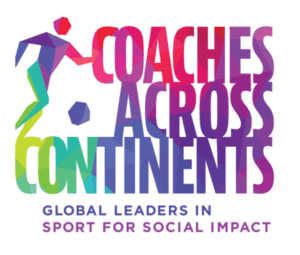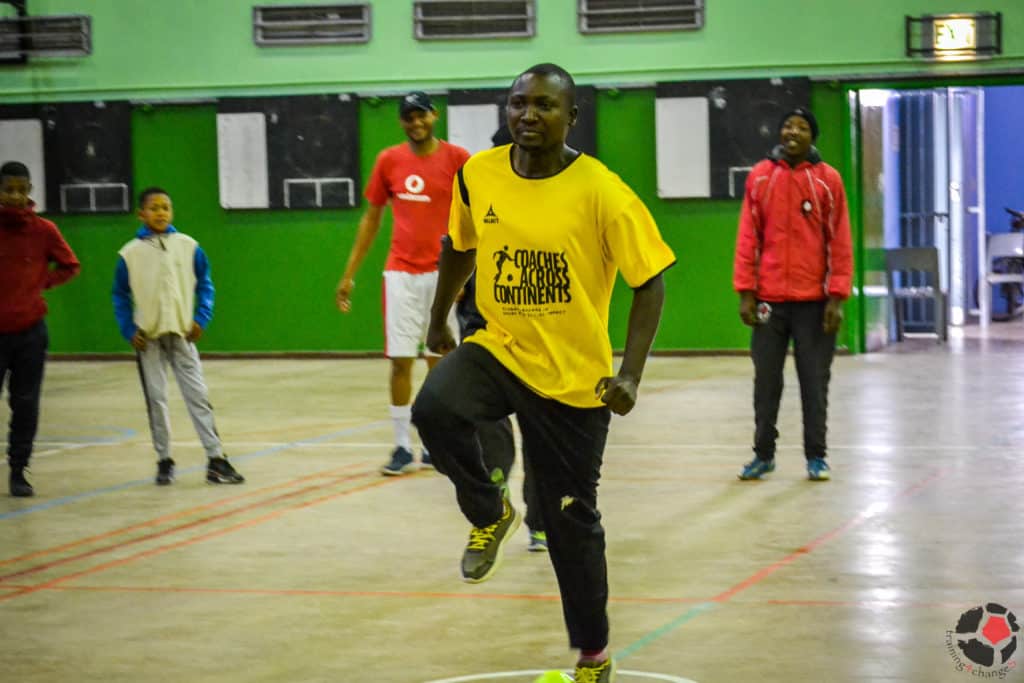After a two week break, our 2020 on-field delivery returned last week and we were delighted to work with our long-term CIC, Elvis Nshimba, in the community of Kalebuka, Democratic Republic of Congo. Elvis Nshimba reminds us of a SuperHero. In the community of Kalebuka, he is one of the […]
Elvis Nshimba
1 post

